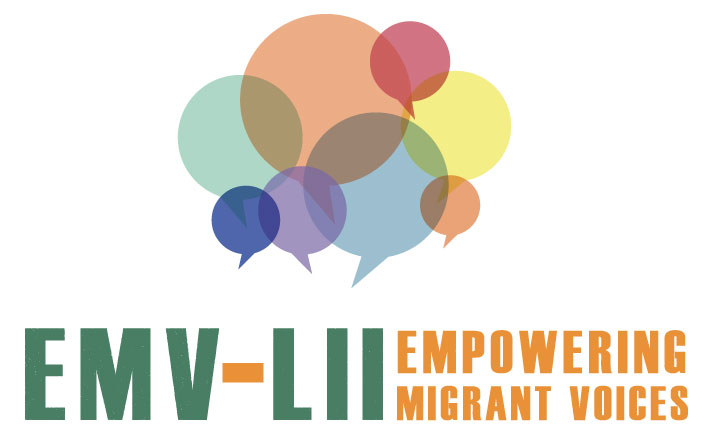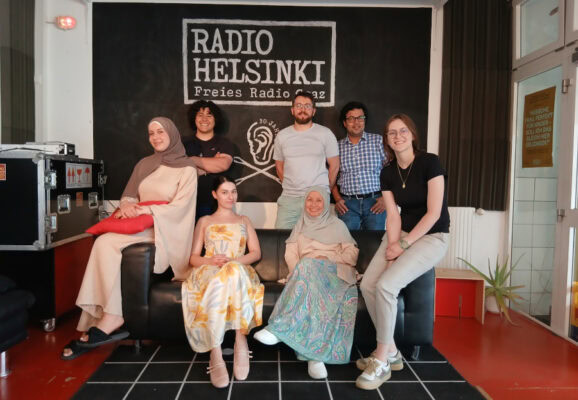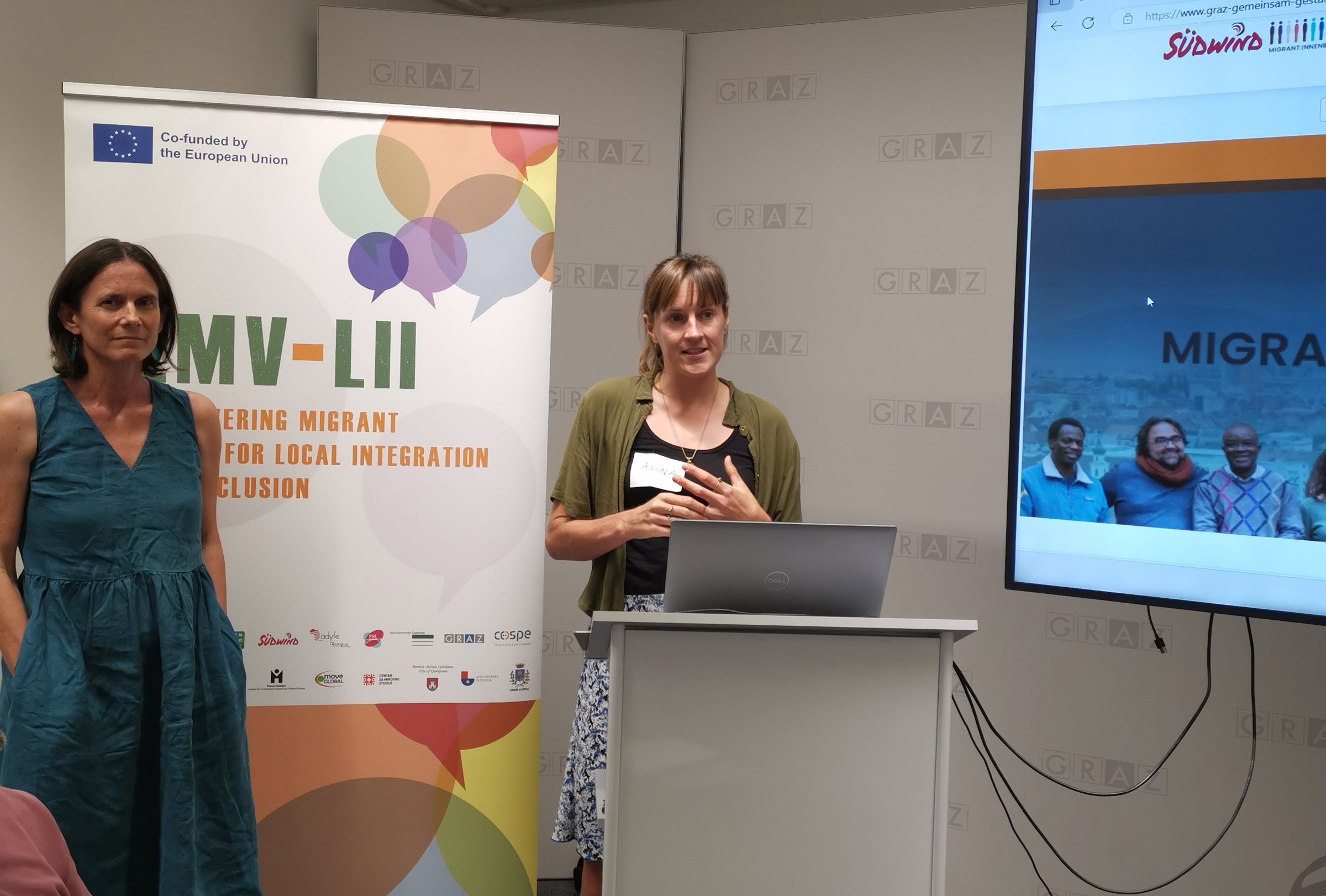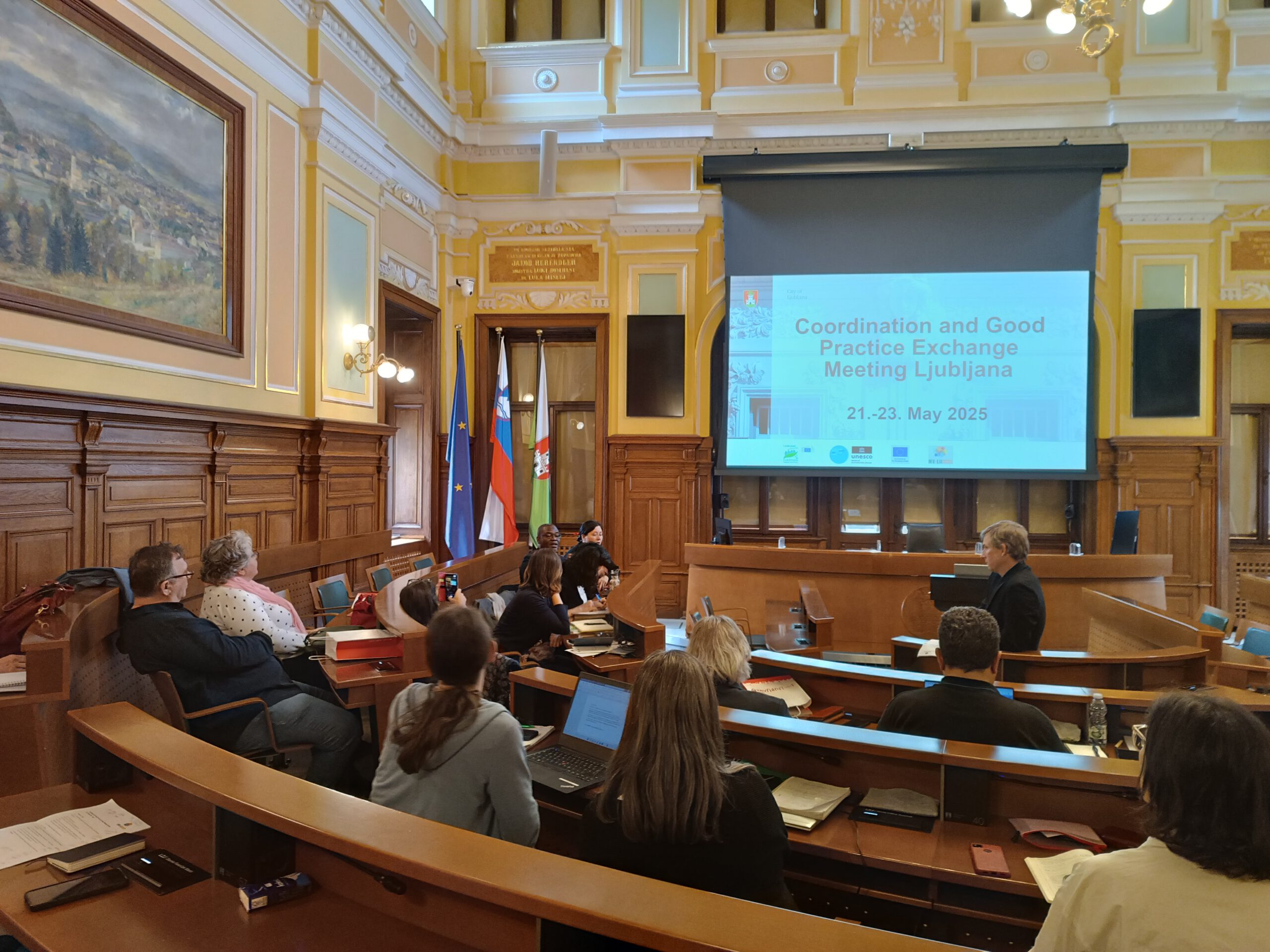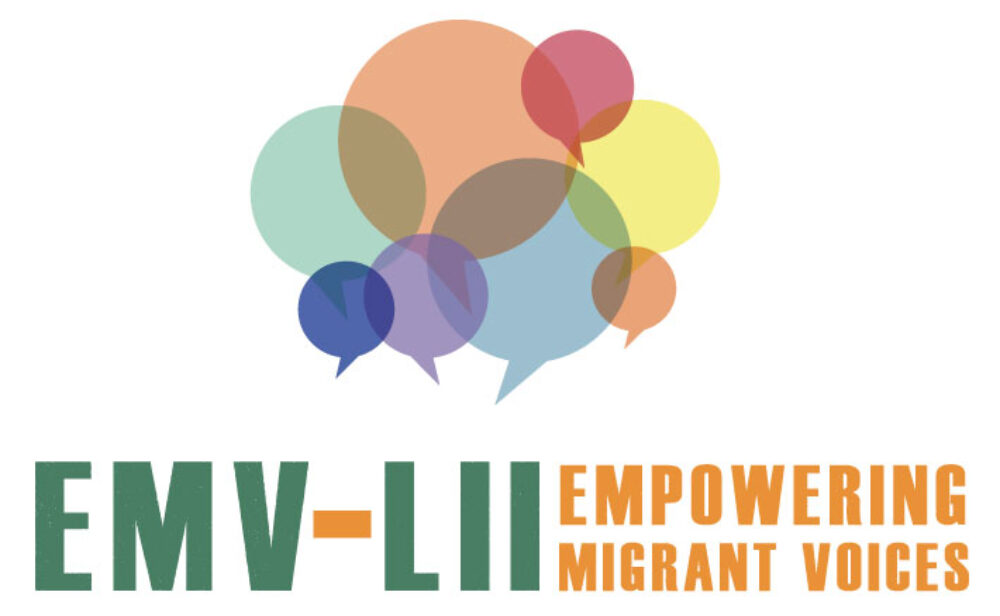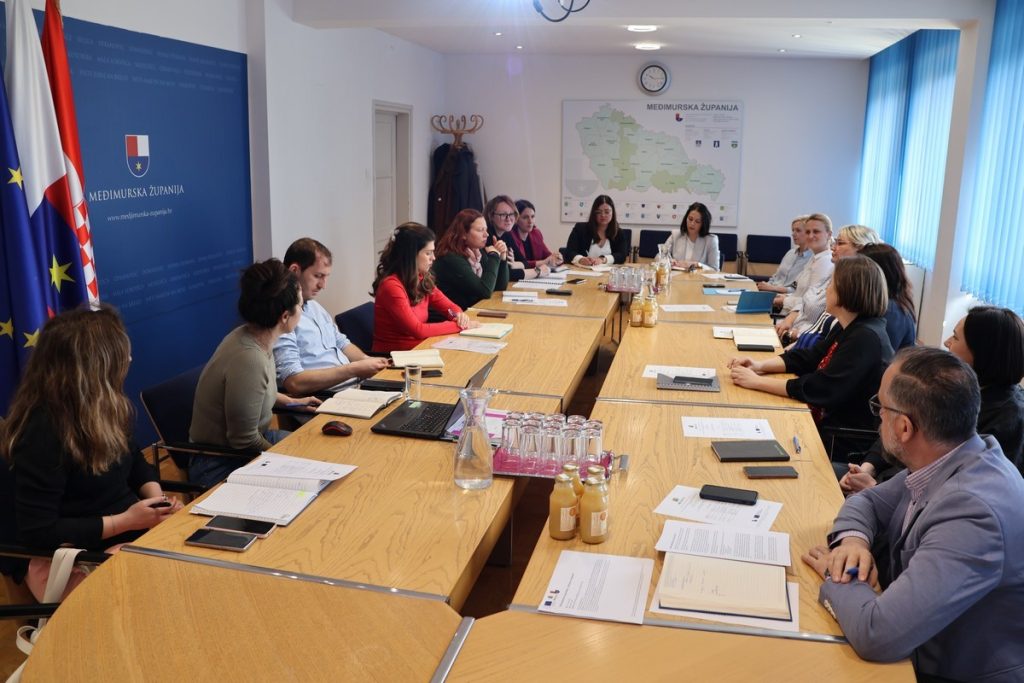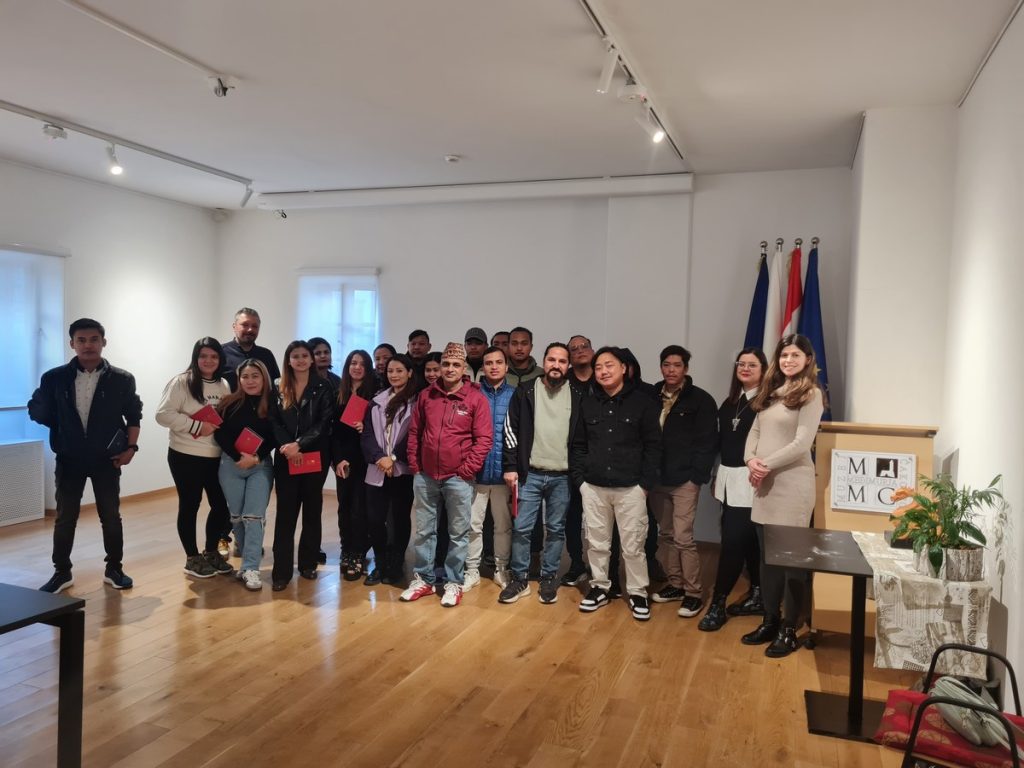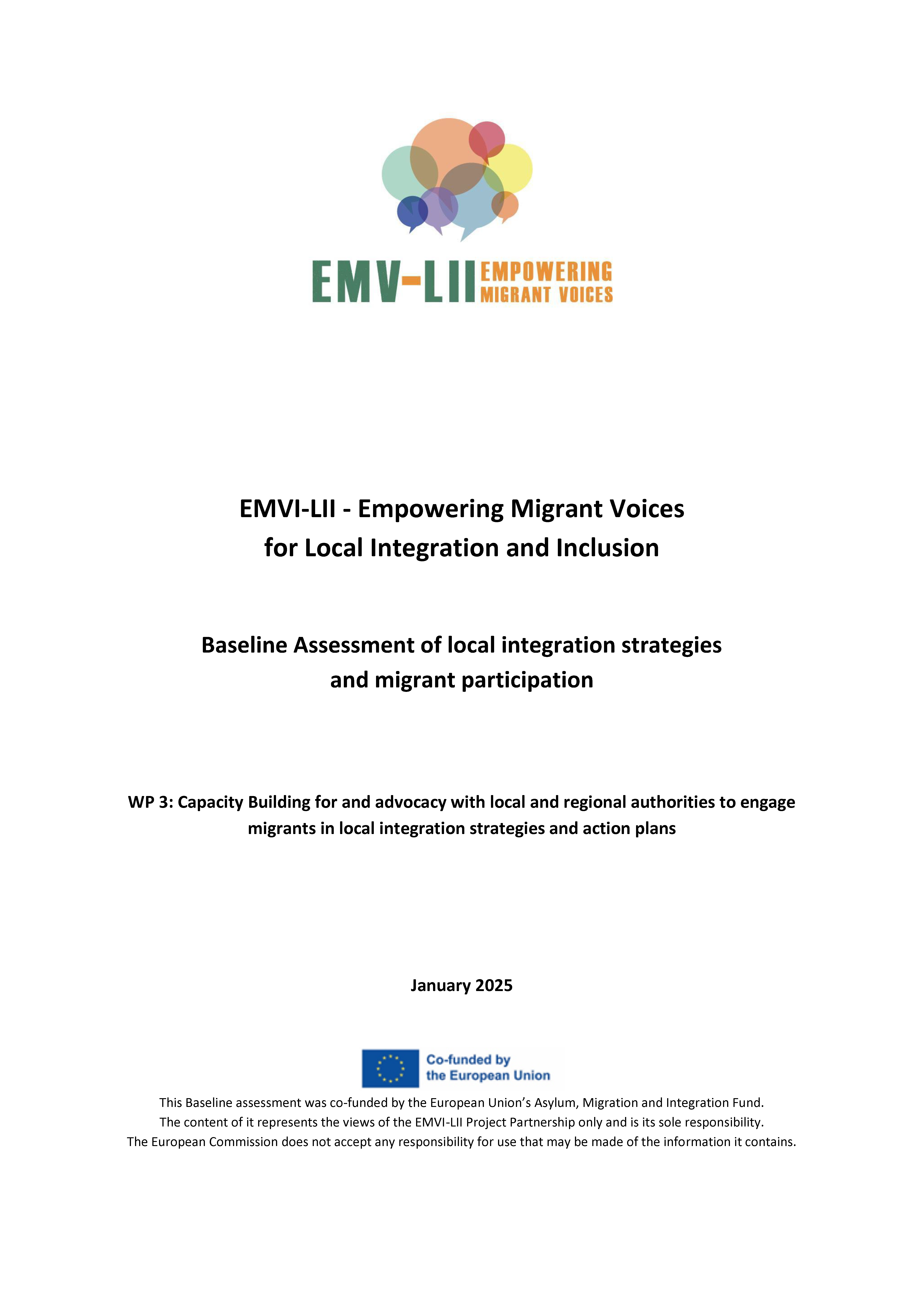
Collective action is essential for the migrants inclusion and participation in societies otherwise democracy risks being undermined in favour of a social structure with distinct classes of citizens. Yet, this message seems difficult to get across, as the answers coming from politics are too often a ‘no, it’s not possible’ or a ‘let’s stay in touch’ instead of a commitment to work on what could be achieved. In addition, far-right tendencies within the EU are actively working to make legislation even stricter and more inhuman for third-country nationals. Irina Karamarkovic, president of the Advisory Committee for Migrants in Graz, is not only discouraged and disappointed by the institutional meetings that the EMVI project delegations had in Brussels between the 14th and the 16th of December, she also says she is not optimistic. Irina explains that the committee represents the 14.2 per cent of third-country nationals who cannot vote locally or nationally; “they take part in many projects with a focus on political and social participation of third-country nationals in Austria and the EU”. In addition, “the Migrant Advisory Council provide advise to the local government. “We also focus on anti-discrimination education and empowerment tools”, she points out.
What do you consider to be the main achievement of the EMVI project?
The EMVI project has been crucial in linking efforts at an international level, identifying best practices, comparing situations and conditions in different countries, developing a common vision and lobbying for better results.
What do you expect from these meetings in Brussels, also for the future?
I expect engaging in networking and in the development of strategies. Additionally, I foresee active lobbying and collaborative efforts with MEPs to attain tangible outcomes. It is my expectation that they exhibit sensitivity not only towards the circumstances and status of third-country nationals residing in the EU but also an awareness of the imperative for collective action. Without such collaboration, our democracy is at risk of endangerment, fostering a societal structure with distinct classes of citizens.
How do you feel after your discussions with representatives of the EU institutions, DG Home and Members of the European Parliament?
I am not an optimist – we still have a long way to go. I had higher expectations from the meetings because I am weary of consistently hearing responses like “No, it is not possible,” “No, we cannot do that,” and “No, we cannot exert pressure on the EU countries legislation. “You don’t need a ramp if you don’t use a wheelchair and you don’t need tampons if you don’t menstruate”. Similarly, having the right to vote becomes irrelevant if we already possess it. I had hoped to discover constructive alliances and solutions for addressing the issue of political and societal participation for third-country nationals. However, we presented our research results, only to find that four out of five MEPs had pressing commitments elsewhere and needed to leave earlier (one departed immediately after speaking and didn’t even hear us out). I find it disheartening to consistently encounter an automatic “no” or “let`s stay in touch” as a response, rather than collectively focusing on what could be accomplished. Additionally, my lack of optimism stems from observing far-right tendencies within the EU, actively working to make legislation even more stringent and inhumane for third-country nationals. So that’s why I am saying that I am not an optimist and that we still have a long way to go.
